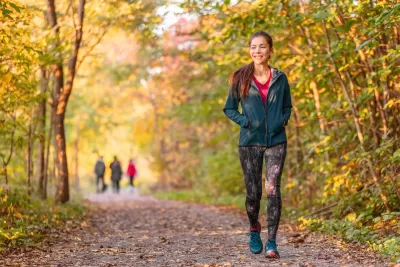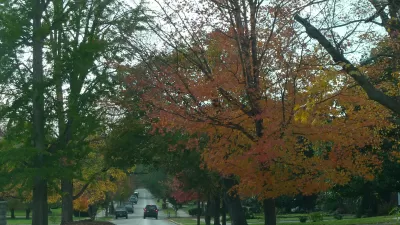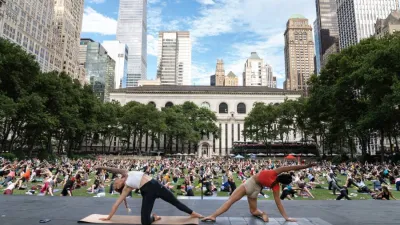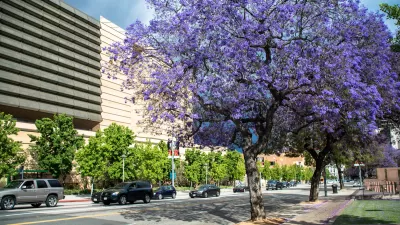New research by the Trust for Public Land explores connections between urban parks and health, building on prior research and offering insights such as the growing importance of partnerships with health organizations.

When you are feeling stressed or overwhelmed, you may want to spend some time at a park. Numerous studies have documented the physical and mental health benefits that parks offer. Adding to this literature, the Trust for Public Land (TPL) recently published a new report called “The Power of Parks to Promote Health” in conjunction with the release of its annual ranking of cities based on their park systems (ParkScore).
The report reveals that park systems are working in new ways with other organizations in communities to create programs and services focused on producing better health outcomes, including partnerships with health-care insurance companies and health-care providers. In fact, a majority of the 100 cities in the ParkScore rankings have a formal partnership with a health-care institution of some sort, and in a quarter of them, a health organization is providing funding or staff for health programs. Overall, TPL found over 800 examples of programs with targeted health outcomes.
TPL also shows that the better the park system, the greater the health benefits. On average, TPL reports that people living in cities in its top 25 are 21 percent less likely to be physically inactive and 9 percent less likely to have mental health problems than those in the bottom 25.
For details, please read the source article by Carl Smith.
FULL STORY: Stressed, Overwhelmed, Out of Shape? There Is a Park for That

Alabama: Trump Terminates Settlements for Black Communities Harmed By Raw Sewage
Trump deemed the landmark civil rights agreement “illegal DEI and environmental justice policy.”

Study: Maui’s Plan to Convert Vacation Rentals to Long-Term Housing Could Cause Nearly $1 Billion Economic Loss
The plan would reduce visitor accommodation by 25% resulting in 1,900 jobs lost.

Planetizen Federal Action Tracker
A weekly monitor of how Trump’s orders and actions are impacting planners and planning in America.

Waymo Gets Permission to Map SF’s Market Street
If allowed to operate on the traffic-restricted street, Waymo’s autonomous taxis would have a leg up over ride-hailing competitors — and counter the city’s efforts to grow bike and pedestrian on the thoroughfare.

Parklet Symposium Highlights the Success of Shared Spaces
Parklets got a boost during the Covid-19 pandemic, when the concept was translated to outdoor dining programs that offered restaurants a lifeline during the shutdown.

Federal Homelessness Agency Places Entire Staff on Leave
The U.S. Interagency Council on Homelessness is the only federal agency dedicated to preventing and ending homelessness.
Urban Design for Planners 1: Software Tools
This six-course series explores essential urban design concepts using open source software and equips planners with the tools they need to participate fully in the urban design process.
Planning for Universal Design
Learn the tools for implementing Universal Design in planning regulations.
Caltrans
Smith Gee Studio
Institute for Housing and Urban Development Studies (IHS)
City of Grandview
Harvard GSD Executive Education
Toledo-Lucas County Plan Commissions
Salt Lake City
NYU Wagner Graduate School of Public Service





























